June 2019 - Mt Barker
- By Pierre
- Hits: 1552
Reflections on the Choir Cecilia concert, June the 16th, 2019.
Peter Webb, Musical Director.
I admit to being a little apprehensive before this concert. My feeling was that some of the works needed yet more rehearsal, and we were not completely prepared. I hasten to add that this feeling is my usual one before every concert. I always think we could do with two or three more rehearsals than we have had. We also had the matter of the only rehearsal for the Grand March with the wind trio being one hour before the concert; so, to an extent, we were stepping into the unknown.
I need not have worried. The march sounded spectacular with the wind instruments, and, all through the concert, the choir rose to the occasion with verve, a true professional attitude, and an evident enthusiasm.
Two things stood out for me. One was that it became suddenly obvious to me in the month of rehearsals leading up to the concert that the various sections had worked hard in rehearsals away from the Wednesday evening time slot. A sudden and very large leap in accuracy and confidence became evident. The second was that the choir was much more involved in following my beat and musical indications – something that is partly informed by knowing the parts well enough to have the confidence to look up at the conductor rather than keeping the heads buried in the folders. This was very pleasing; and it meant that in works such as 'All in the April evening' and 'Were you there?' I had the leeway to make expressive interpretations which would be followed.
I thank the choir for their professionalism in these matters.
We opened with the Brahms chorus 'How lovely is thy dwelling place', from his Requiem. This is a wonderful piece of expressive choral writing, in which Brahms commits the soul of his late mother to her rightful place in heaven; and both the lyrical and the dramatic sections were beautifully portrayed by the choir.
Pergolesi's Stabat Mater followed. Mary's noble grief as she weeps at the judicial murder of her son is profoundly portrayed in Pergolesi's gripping, emotional, yet dignified setting of this text. During rehearsals, my impression was that some in the choir had reservations about this chorus; yet, when the performance came, the appalled pathos of the tableau was wonderfully picked up and expressed by the choir. I sensed an emotional involvement from the choristers, and at last the full, overpowering grief of this music was revealed.
The first bracket finished with Vivaldi's brilliant setting of the text Domine fili unigenite, from his full setting of the Gloria. This music requires strong rhythm, extrovert energy, and total involvement; and the choir provided all of those in full measure.
Our Guest Artists, the Arbor Wind Trio – oboe, clarinet, and bassoon - then offered us a lovely little Mozart Divertimento, which they played with skill, energy, and aplomb – an ideal contribution to our program.
The choir returned for our second bracket of songs.
I was delighted with the expressive involvement evident in 'All in the April evening', the energy and humour in 'Now is the month of maying', and the commitment of everyone in the spiritual 'Were you there?'. With those three songs, I thought the choir excelled itself.
After nearly a year of, at times, frustrating and even tedious rehearsal, the Campbells eventually arrived. It's a memorable tune, and the vista it portrays, while one suggesting imminent violence, is laid out before the audience like Loch Leven itself. The choir got stuck in, the audience enjoyed it, and I was both gratified and relieved that we had achieved that performance at last. Well done, choir, and I offer my thanks for your patience and dedication!
After the interval, a very fine performance by a vocal quartet from the ranks of the choir – Fay, Jonty, Phil, and Mike – gave us that ancient hymn 'O come, O come Emmanuel', followed by the madrigal 'Brightly dawns our wedding day', from The Mikado, that evergreen G&S operetta. This quartet is a well-balanced and disciplined group, and was a fine and appropriate addition to the program.
The wind trio then gave us a performance of a tuneful, humorous, and quirky five-movement work by the French composer Jacques Ibert – another fine contribution to our program, which brought variety from the prevailing choral sound, and was brilliantly performed.
And so we came to our last bracket for the afternoon.
Verdi's famous Anvil Chorus started with a virtuoso display of piano playing by our Guest Accompanist, Heather Elliott. The entry of the choir, with a well-measured crescendo to symbolise the rising sun, led into the grand tune which brings the chorus its name. The part for anvil was played with rare and delicate sensitivity by Jon Richards. His impressive biceptual tattoos brought wondering gasps of admiration from some members of the audience. On another matter, the choir will understand me when I say that short-long did not occur universally. Sigh. Of such is life.
'Father's Song', from Humperdinck's Hansel and Gretel, is a catchy, folk-based melody, eminently memorable, and it was performed well. I'm not sure that it works as well in an SATB arrangement as it does in its original form as a bass-baritone solo; but we sang it well, and it was worth the effort.
Finally, we finished with Verdi's famous Grand Triumphal March, from his opera Aida. We were joined by our guest wind players, and it was a spectacular performance of this grand chorus, delivered with full force and enthusiasm, and a great way to finish the concert. Thank you all for your efforts, and I look forward to the end-of-year concerts with happy anticipation.
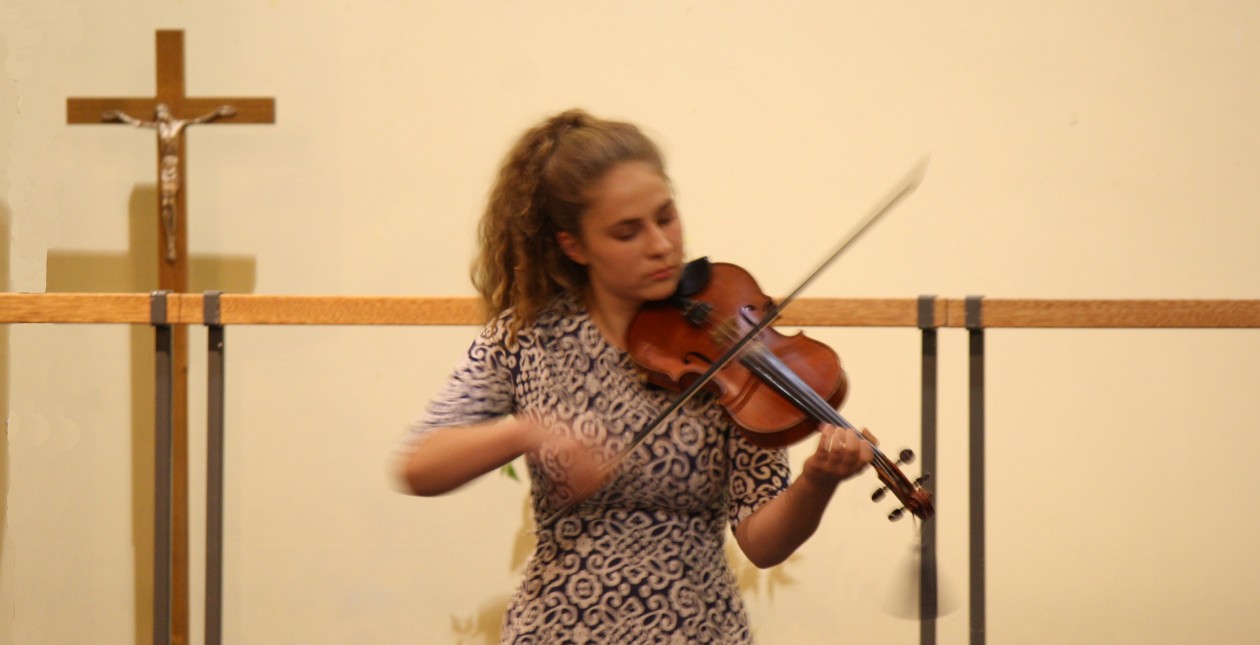
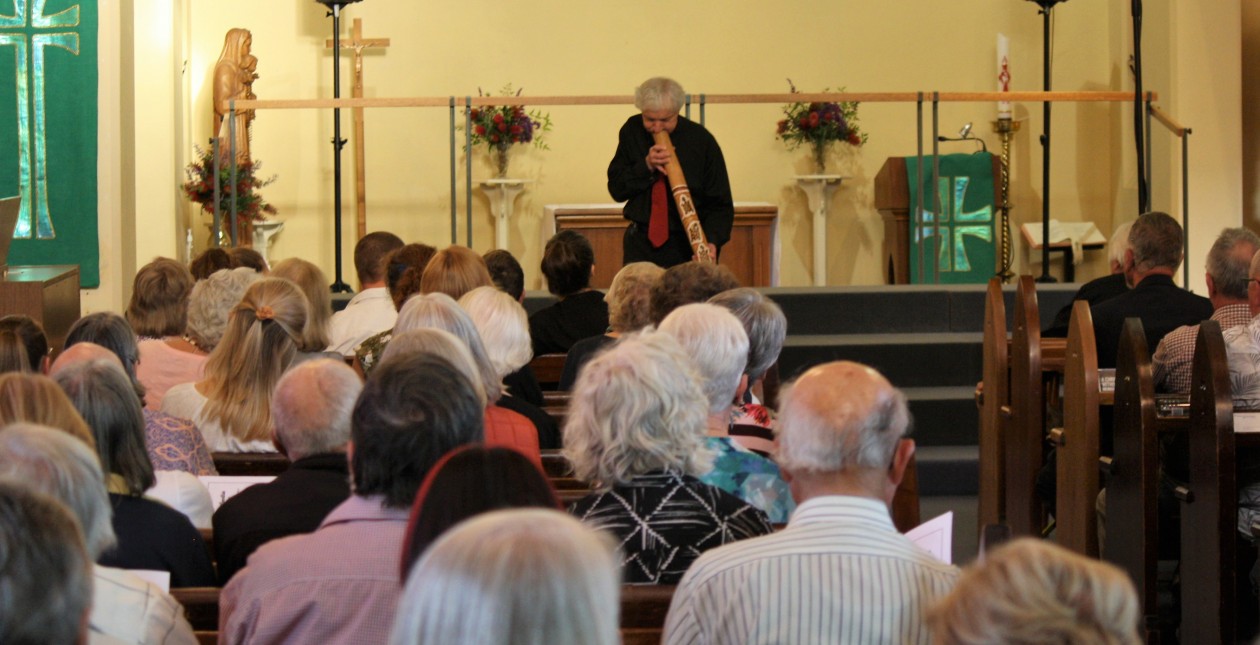
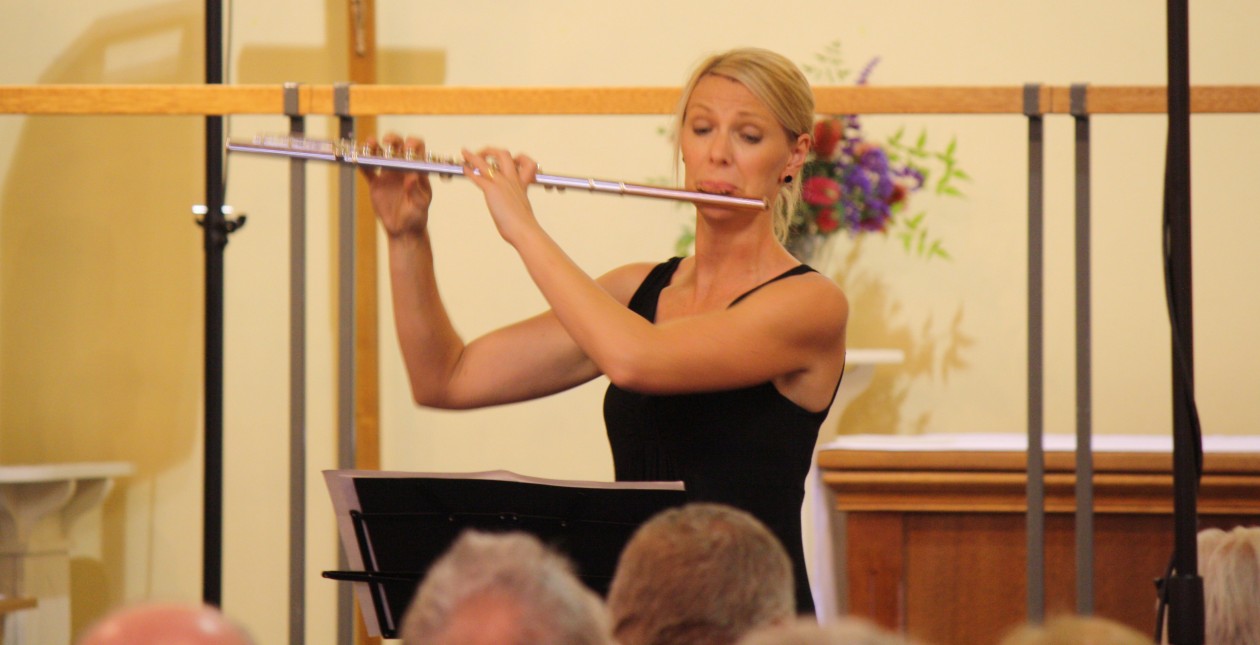
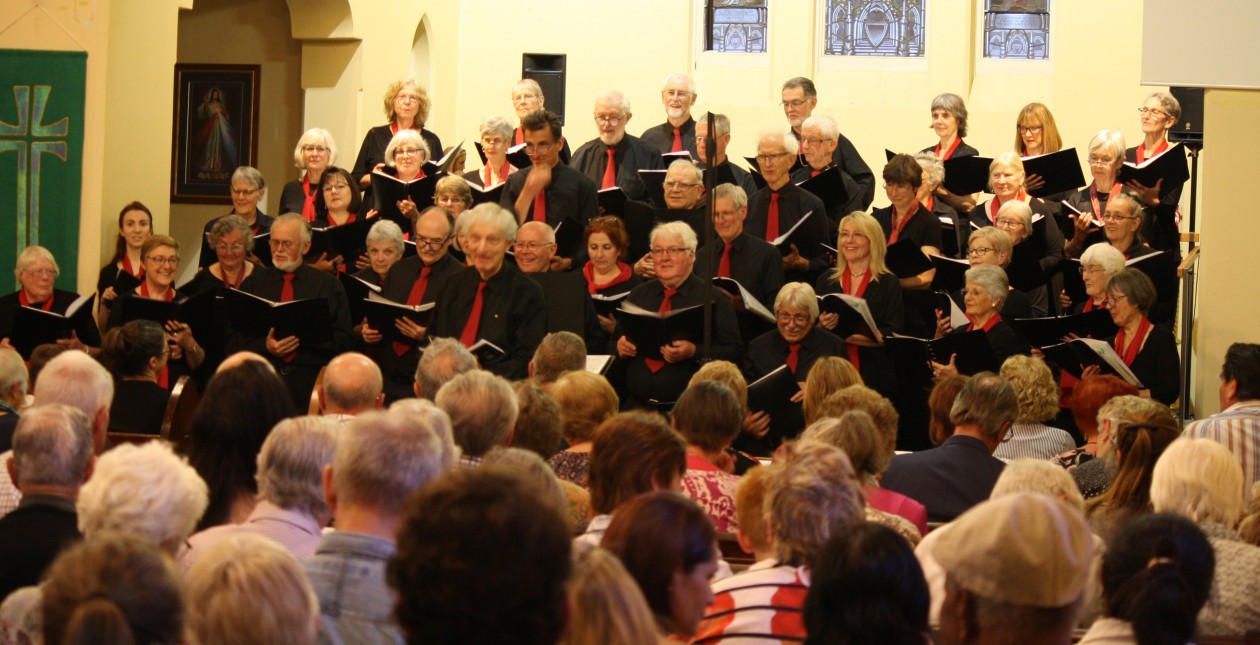
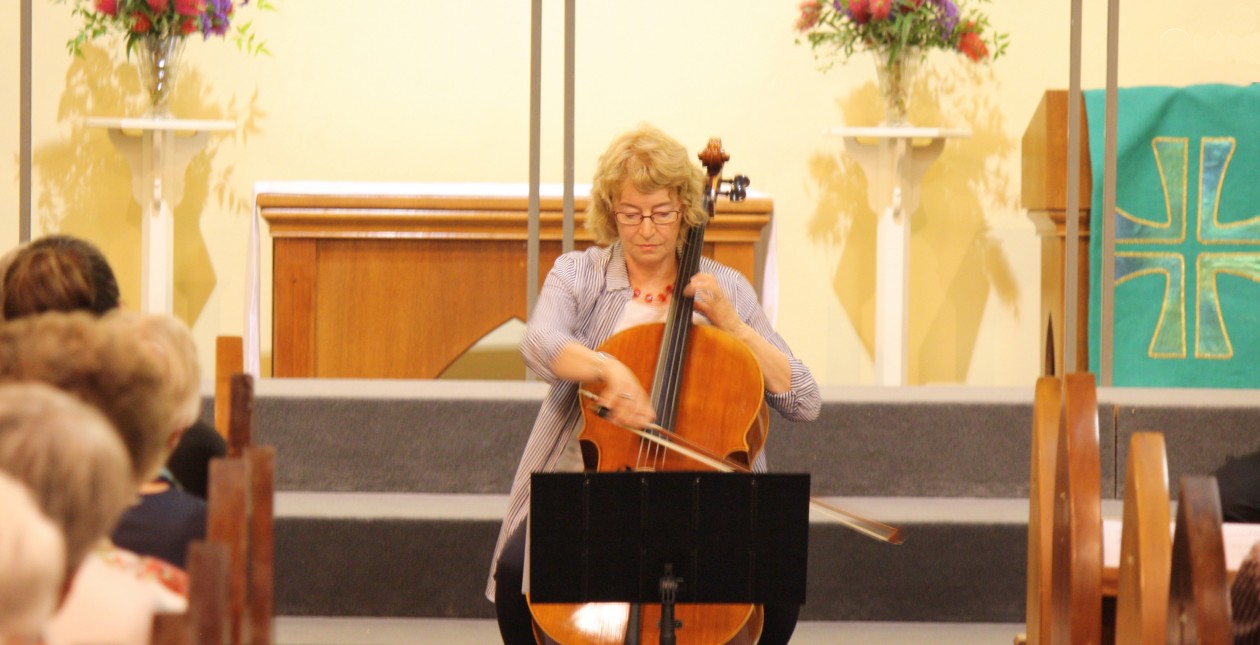

 Concerts
Concerts